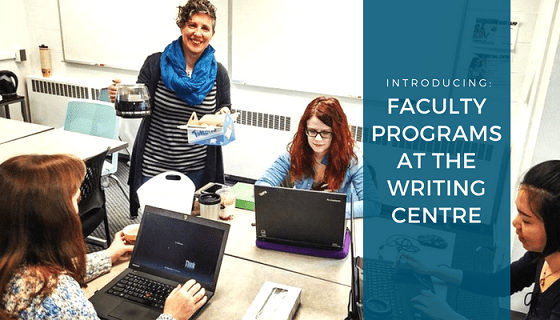Some seasons seem to come around more often than others: many of us are presently writing reference letters—again. It is important to acknowledge the significant impact that this routine exercise has on our students and colleagues.
SWEC, FAUW’s Status of Women and Equity Committee, would like to remind each faculty member how easy it is for unconscious gender bias to slip into our reference letters. They have provided some resources to help us all write professional reference letters that reflect on women’s capacities in an equitable way.
The University of Arizona’s Commission on the Status of Women has a very handy one-pager on “common traps based on unconscious gender bias (PDF) ,” including:
- Letters for reference for men are more likely to emphasize accomplishments while letters for women are 50% more likely to include adjectives that describe effort.
- On average, letters for men are 16% longer than letters for women.
- Letters of reference for women are 7x more likely to mention personal life—something that is almost always irrelevant for the application.
The federal government’s Canada Research Chairs online resources include background research as well as tips for limiting unconscious bias, such as:
- Use the nominee’s formal title and surname instead of their first name.
- Consider whether your letter unintentionally includes doubt-raising, negative or unexplained statements (e.g., ‘might make an excellent leader’ versus ‘is an established leader’).
 As the Writing Centre’s new Writing and Multimodal Communication Specialist with a focus on Graduate, Postdoctoral and Faculty Support, I can support your writing goals as a faculty member – whether you’re working on a book, journal article, grant proposal, or any other project – through
As the Writing Centre’s new Writing and Multimodal Communication Specialist with a focus on Graduate, Postdoctoral and Faculty Support, I can support your writing goals as a faculty member – whether you’re working on a book, journal article, grant proposal, or any other project – through 